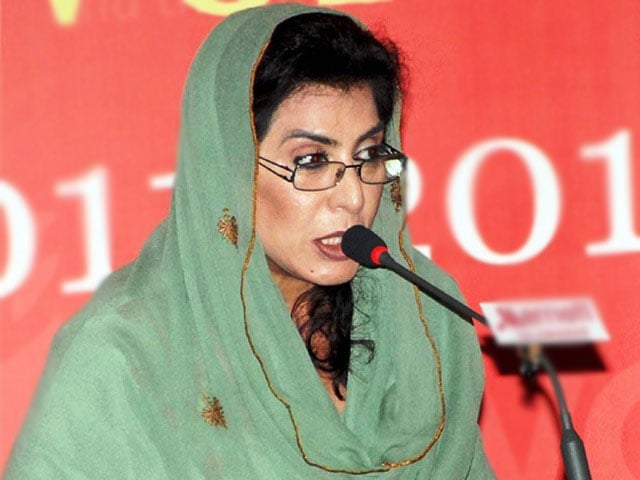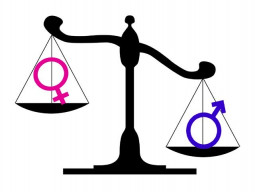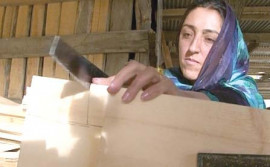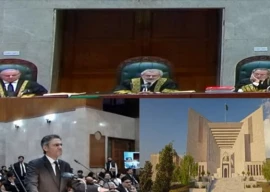
Female parliamentarians should be entrusted with greater responsibilities in parliamentary structures to enable them to use their position to improve the lives of women through policymaking.
These views were expressed by women parliamentarians and rights activists at the “National Networking Summit on Women’s Leadership,” organised by Search For Common Ground (SFCG) Pakistan and PAIMAN Alumni Trust on Wednesday.
The chief guest, Pakistan Peoples Party MNA and former National Assembly speaker Dr Fehmida Mirza, said there was a need for training opportunities for women parliamentarians. Enhancing the professional skills of women politicians will help improve society’s perceptions about their leadership skills.”
Dr Mirza also urged the National Women’s Parliamentary Caucus to play a significant role in establishing strong and synergetic links between MNAs and MPAs. “This will help women parliamentarians achieve our common goals as a multi-partisan political force to bring about legislative reforms and dynamism in Pakistan.”
The former speaker said democracy can only prevail if women are empowered. Women’s leadership skills should be acknowledged, while negative perceptions about women in politics need to be discouraged, she added.
Diverse issues such as reserved seats for women, interaction between women politicians and the media, the stances of political parties on the role of women in their election manifestos and the actual benefits of women legislators for women were discussed. Participants said the benefits of women’s political representation for women, if any, should also be analysed.
Farzana Bari, a rights activist and university professor, said there was a disconnect between women politicians and ordinary women. The insignificant presence of women in policymaking, the judiciary and the executive might be responsible for this disconnect.”
Women legislators have played a positive role whenever they got a chance, especially in giving legal protection to women’s rights, she said. “But there is a need to look at the power structures which are disabling women from a more effective role in politics.” Women legislators need to look outside of political parties and coordinate with civil society and social movements, she stated. “Women have to increase their political power base.”
The participants also said women legislators do not only represent women, but the entire populace, and it is unfair to scrutinise them just because they are women. The participants also appreciated the Peshawar High Court’s decision ordering re-polling in areas where women were barred from voting during the recently conducted by-elections.
Over two dozen women politicians, researchers and activists participated in a roundtable discussion during the second-half of the day-long conference.
The one-day summit was part of SFCG Pakistan’s Women’s Initiatives for Learning and Leadership (WILL) campaign under the Strengthening Women Parliamentarians for Effective Government project. The two-year project,started in 2011, aims to increase the capacity of elected female MPAs and aspiring councillors.
Published in The Express Tribune, August 29th, 2013.




































1714370039-0/ojwilson-(1)1714370039-0-270x192.webp)
-(1)1714458896-0/ASP-(2)-(1)1714458896-0-270x192.webp)

-(1)1714463604-0/Untitled-design-(4)-(1)1714463604-0-270x192.webp)







COMMENTS
Comments are moderated and generally will be posted if they are on-topic and not abusive.
For more information, please see our Comments FAQ